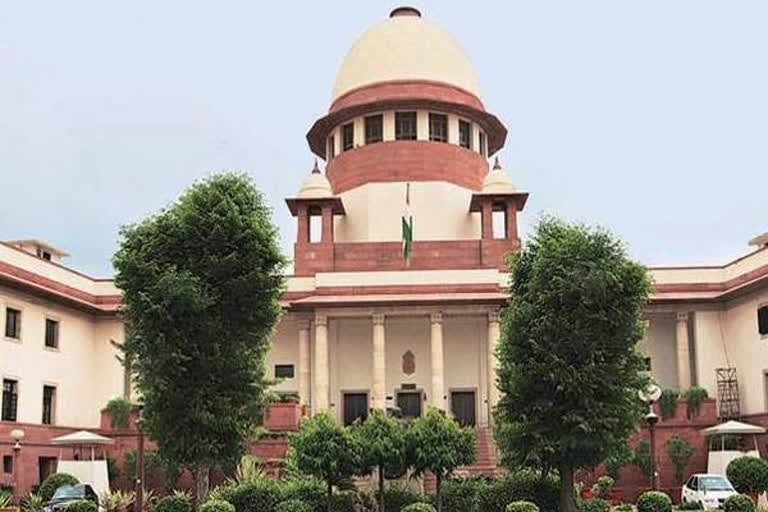New Delhi:Daughters of a male Hindu, dying intestate, would be entitled to inherit the self-acquired and other properties obtained in the partition by the father and get preference over other collateral members of the family, the Supreme Court in a significant verdict on Thursday. The judgement, which came on an appeal against the Madras High Court verdict, dealt with the property rights of Hindu women and widows under the Hindu Succession Act.
A bench of justices S Abdul Nazeer and Krishna Murari said: "If a property of a male Hindu dying intestate (without a will) is a self-acquired property or obtained in the partition of a coparcenary or a family property, the same would devolve by inheritance and not by survivorship, and a daughter of such a male Hindu would be entitled to inherit such property in preference to other collaterals (such as sons/daughters of brothers of deceased father)."
The bench was dealing with the legal issue concerning the right of the daughter to inherit the self-acquired property of her father, in the absence of any other legal heir. Justice Murari, writing the 51-page judgment for the bench, also dealt with the question of whether such property will devolve on to the daughter upon the death of her father, who died without a will, by inheritance or shall devolve on to father's brother's son by survivorship.
Right of a widow or daughter to inherit the self-acquired property or share received in the partition of a coparcenary property of a Hindu male dying intestate is well recognized not only under the old customary Hindu Law but also by various judicial pronouncements..., the verdict said.
Read:Transgenders get right to property in Uttar Pradesh
Referring to the legal provision, it said the legislative intent was to remedy the limitation of a Hindu woman who could not claim an absolute interest in the properties inherited by her but only had a life interest in the estate so inherited.
